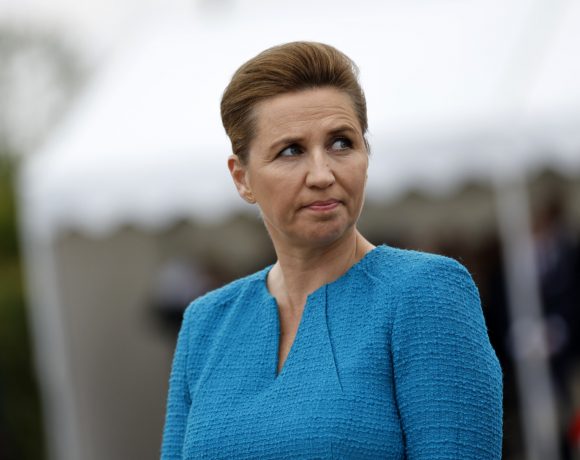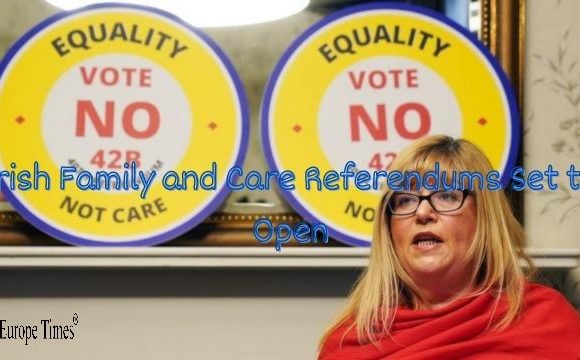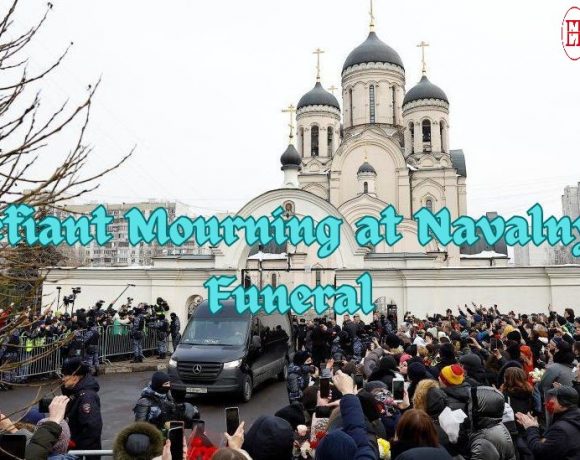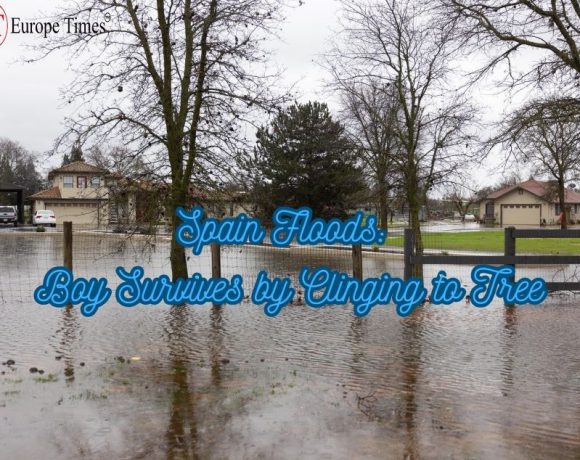
Denmark’s Prime Minister Mette Frederiksen has reported feeling “shaken” but otherwise “fine” following an attack in Copenhagen’s old town. On Friday evening, a man approached her and struck her, causing minor whiplash. The 39-year-old Polish suspect, who was detained and charged with violence against a public official, has pleaded not guilty. Police, who suspect the man was under the influence of alcohol and drugs, do not believe the attack was politically motivated.
After the incident, Frederiksen was taken to a hospital for a check-up, and her Saturday schedule was canceled. She expressed gratitude for the support she received via an Instagram post, where she mentioned her need for rest and time with her family.
European leaders condemned the attack, with EU chief Charles Michel expressing outrage and French President Emmanuel Macron calling it “unacceptable.” The incident occurred just two days before the European elections, in which Denmark is participating.
Frederiksen, 46, is the leader of Denmark’s Social Democrats and became the country’s youngest prime minister in 2019.
Picture Courtesy: Google/images are subject to copyright




